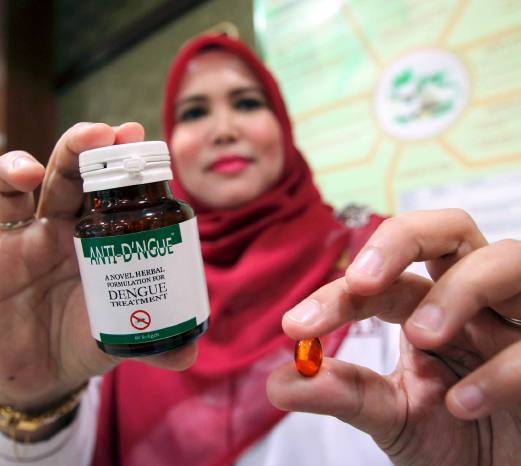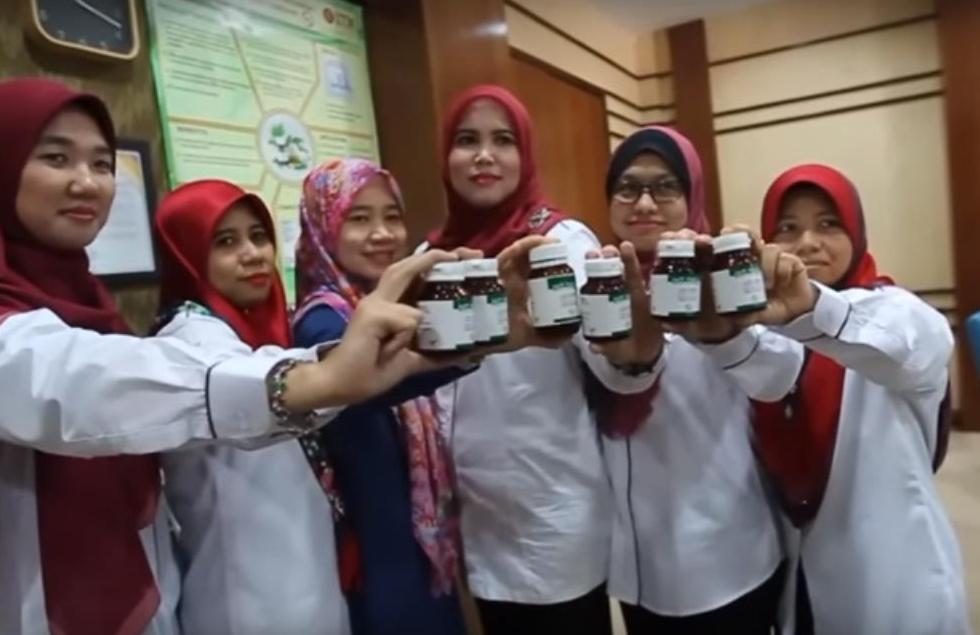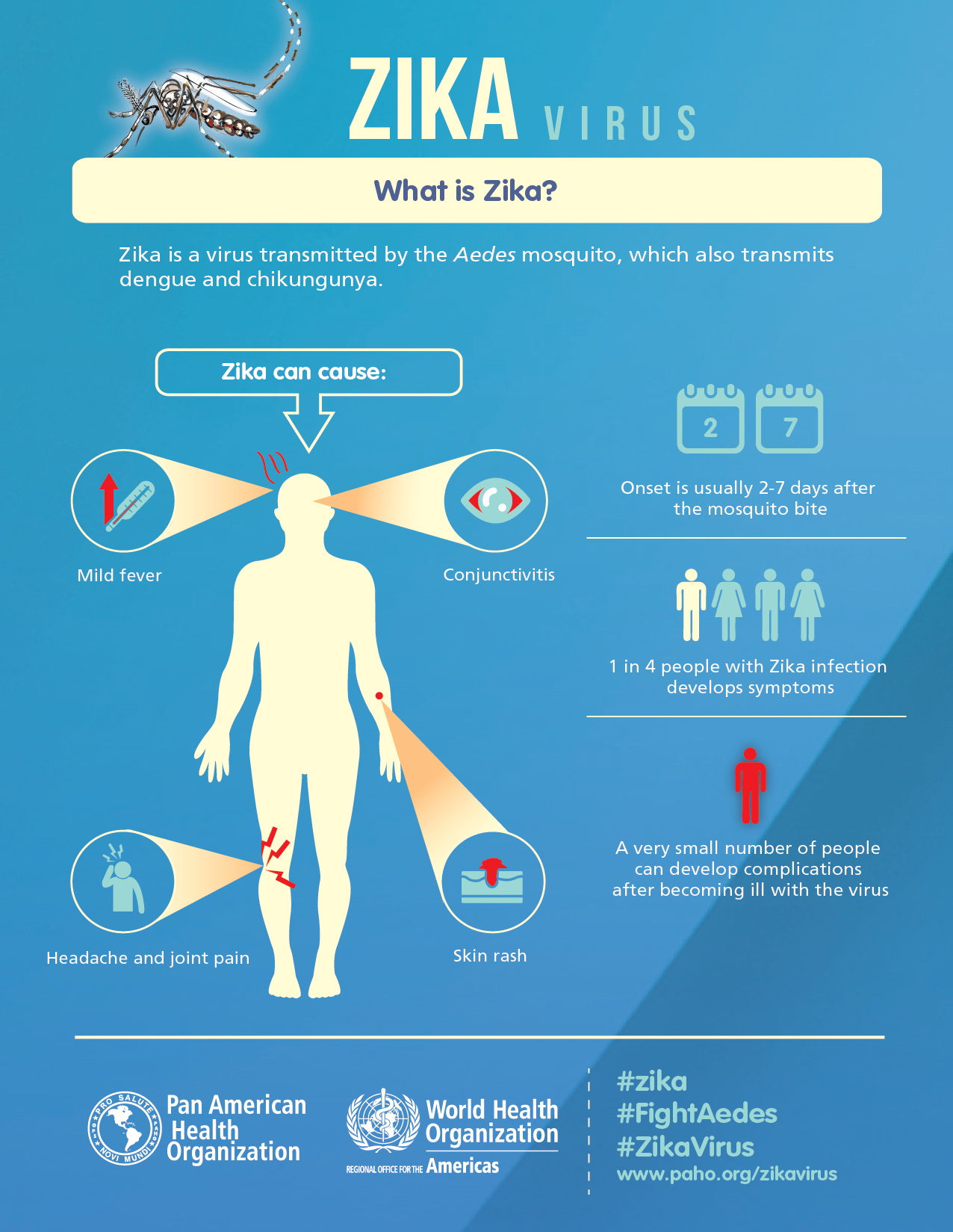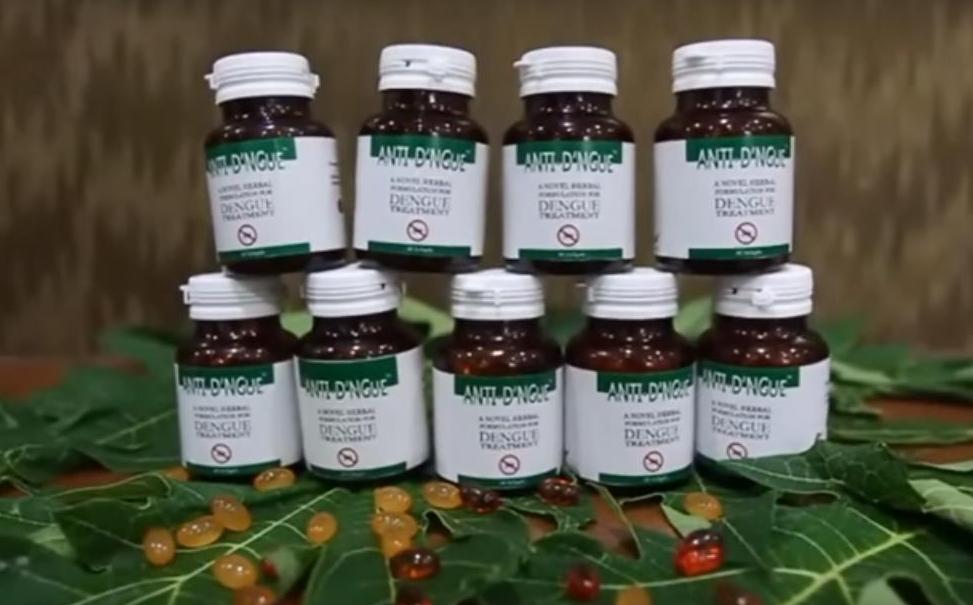This Supplement Will Cure Dengue According To UTM Researchers
The researchers also believe that the same drug has the potential to cure the Zika virus.
In 2015, Malaysia recorded 120,836 dengue cases, with a 50% spike in the number of deaths at 336 fatalities
According to Health Ministry, 336 people - an average of 28 a month - died from dengue last year compared to 215 in 2014, a rise of 56.3 per cent.
There was also an increase of 11.2 per cent in the number of dengue cases throughout last year, up from 108,698 in 2014 to 120,836 cases.
That's 333 cases a month or 110 cases each day, the Ministry said, cautioning people to brace for an equally bad, if not worse, year ahead.
The Ministry's Vector Borne Disease Sector (Disease Control Division) head Rose Nani Mudin said the upward trend of dengue cases recorded in the country corresponded with the rest of the world.
After five years worth of research, Universiti Teknologi Malaysia (UTM), yesterday, 18 February, revealed that they have finally created a drug that might potentially cure the dengue fever
With a worrying dengue situation in hand, the Malaysian Health Ministry vowed to work on reducing the number of dengue cases in the country by urging the people to improve environmental cleanliness and not forsake the importance of proper waste management.
Stagnant water, dirty surroundings are some of the most conducive breeding grounds for mosquitoes that can cause dengue fever.
UTM senior lecturer Dr Harisun Yaakob, explained that the new drug, called Anti-D'ngue, contains a herbal concoction that has been proven to increase platelet count in dengue victims
Dr Harisun Yaakob told a press conference here today, that the drug called Anti-D'ngue, is a supplement which comes in the form of soft gel.
It combines herbs, among them, papaya leaves extract, coconut oil and Nano technology. Developed over five years with a team of seven led by Harisun, the project was funded by the university's funding, the Fundamental Research Scheme and the Ministry of Higher Education (MOHE) with an allocation of RM300,000.
"The supplement has proven to increase the platelet count after one to three days, but this depends on the individual's own immune system and how much damage has been caused by the virus," she said.
A total of 15 patients who contracted dengue have seen an increase in platelet count after taking the supplement so far.
What are platelets and how will UTM's Anti-D'ngue help with the treatment of dengue?
Platelets, also called as thrombocytes are parts of the blood that help to stop bleeding by clumping and clotting blood vessel injuries. In severe dengue cases, the dengue virus induces bone marrow suppression, which causes deficiency of blood cells that leads to the decrease in platelet count.
Low platelet count in severe dengue patients can lead to spontaneous bleeding or cause the life-threatening hemorrhagic dengue fever.
The image below explains the warning signs of a patient with dengue and severe dengue:
Patients with severe dengue cases like these are usually treated with blood and platelet transfusion, fluids and oxygen therapy as there has been no known cure for severe dengue.
UTM's Anti-D'ngue gel has been proven to increase platelet count in dengue patients, which can stop them from developing the potentially fatal hemorrhagic fever.
What's really interesting is that, the research team that created this revolutionary drug, thinks that their Anti-D'ngue gel may also help with the treatment of Zika virus infection
The Zika virus is transmitted to people through the bite of infected female mosquitoes, primarily the Aedes aegypti mosquito, the same type that spreads dengue, chikungunya and yellow fever.
As the symptoms and treatment for Zika virus infection is rather similar to Dengue fever, the Anti-D'ngue gel might be able increase the platelet count in Zika patients too.
However, the theory is yet to be worked on and proven by the researches.




